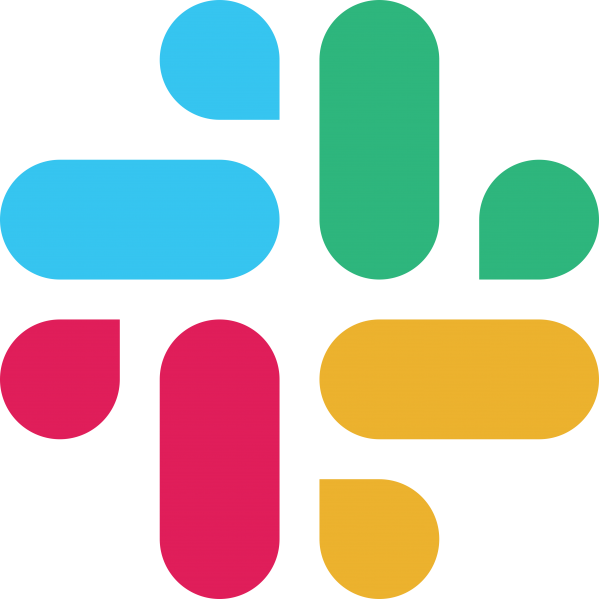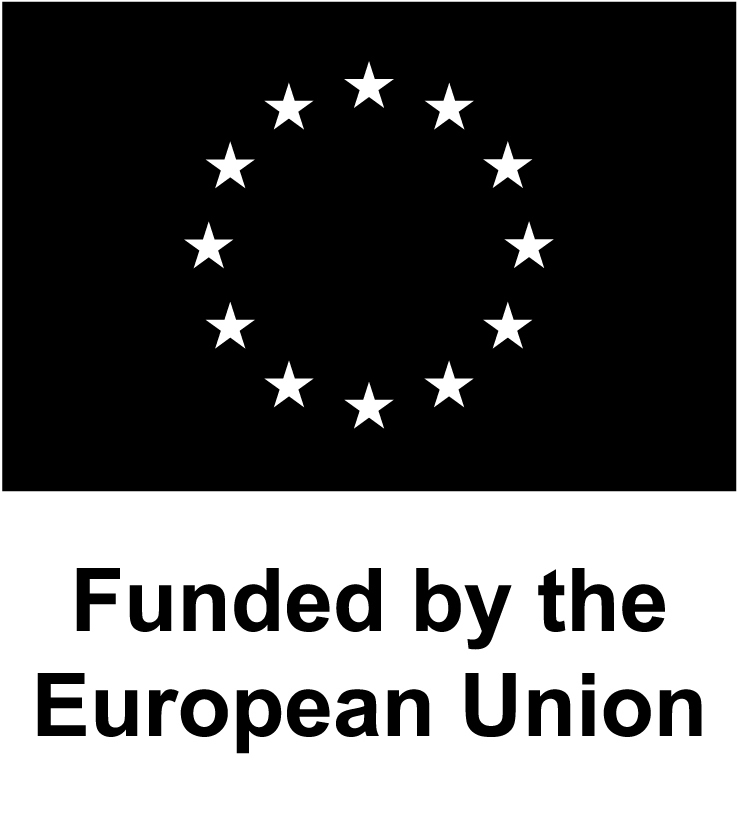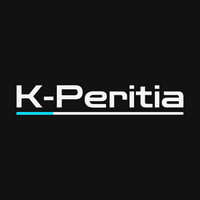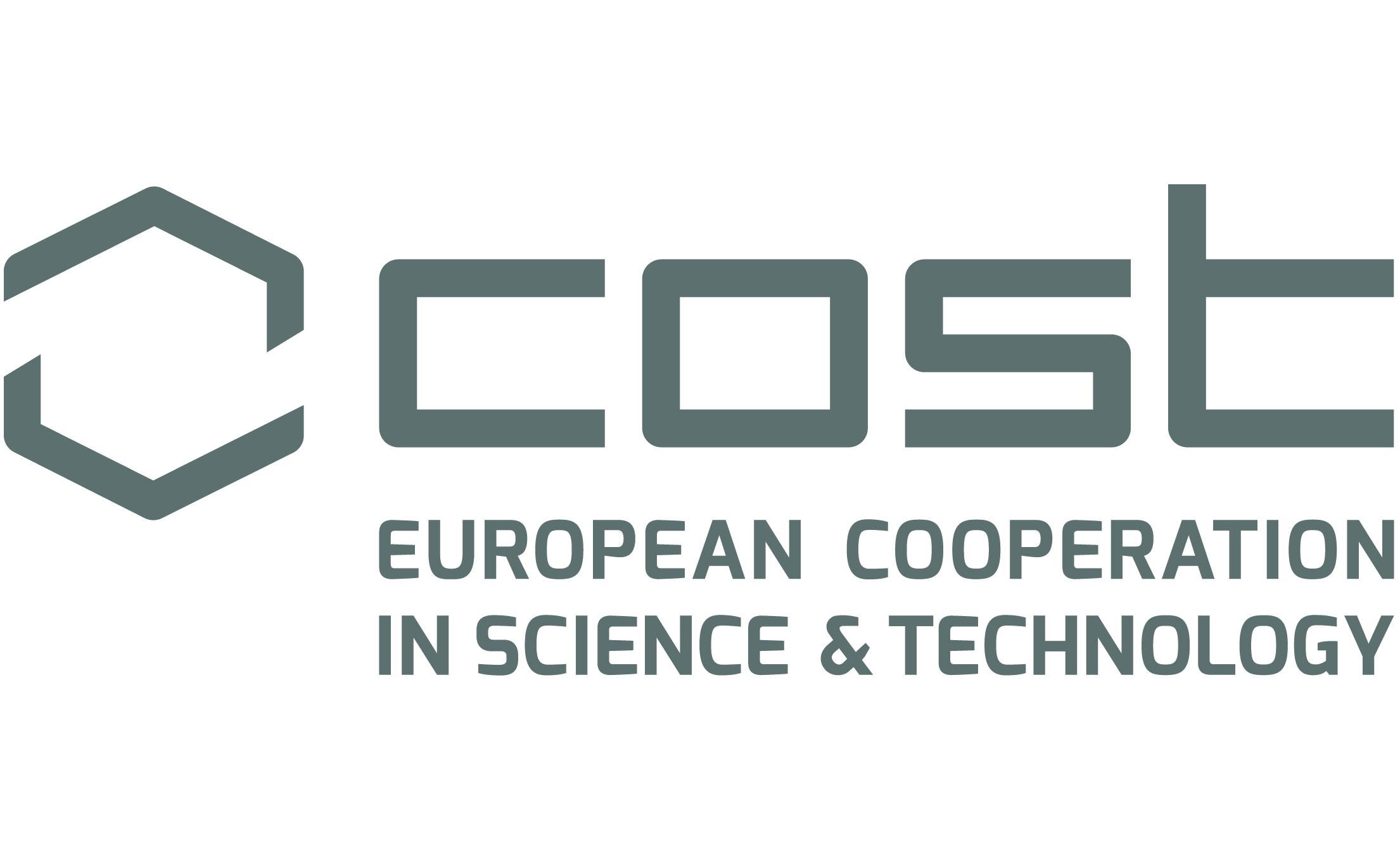
Gayathree Devi Kalliyat Thazhathuveetil (D-Phil Candidate University of Oxford, Co-Leader of WG4)
The Science for Policy and Science Diplomacy Training Event
In June 2024, on behalf of the K-Peritia network, I had the privilege of participating in a two-day training event hosted by the COST Association on Science for Policy and Science Diplomacy in Brussels. The event was an incredible learning experience that brought together 30 participants from newly-funded COST actions. The group was diverse and dynamic, with participants coming from a wide range of disciplines, making for engaging discussions and insightful exchanges over the two days. Participants familiarised with success factors, tips, and good practices, including when and how to approach stakeholders, effective ways of communicating (complex) research findings relevant for policy, and the need to consider the timeliness of your messaging.
We also involved with an interactive element, we were invited to discuss and exchange ideas about how to develop and effective stakeholder engagement strategy. A team of experts in science diplomacy led the training.
One of the key takeaways from the training was the importance of finding a common language when communicating with policymakers. Science for Policy is not just about providing evidence; it’s about ensuring that the message is clear and accessible to those shaping policy. This theme recurred throughout the training as we explored the role of science in countering misinformation and promoting evidence-based policymaking. Tools like Knowledge4Policy and Smart4Policy for self-reflection were introduced as resources to help scientists communicate more effectively and navigate the policy landscape.

We were also introduced to various initiatives from the European Commission, such as the Horizon Europe Policy Support Facility, which offers valuable support for policymakers and researchers alike. Additionally, the Joint Research Centre (JRC) highlighted its role in informing policy with evidence, and the importance of considering lived experiences in decision-making processes.
It was particularly illuminating to hear from participants who are in the final stages of their COST actions, as they shared valuable insights into common challenges and provided practical advice on strategies for overcoming them.


On the final day, we also had the opportunity to network with members of NSF AccelNet Programs from the United States, which added a global perspective to the event. Overall, I left the training with a wealth of knowledge and several actionable ideas that I hope to discuss with the K-Peritia network. The opportunity to learn from experts and peers has deepened my understanding of how scientific communication can effectively inform policy, and I am excited to bring these insights to K-Peritia as we continue our work in the year ahead.
This output is based upon work from K-Peritia CA22101, supported by COST (European Cooperation in Science and Technology).








